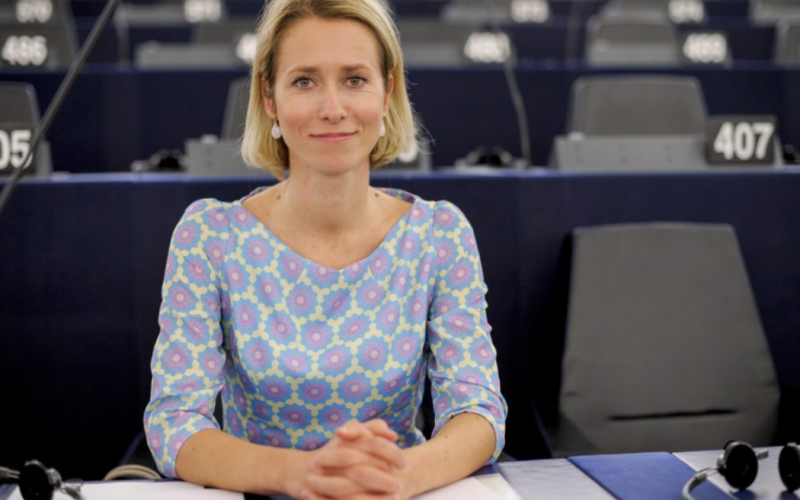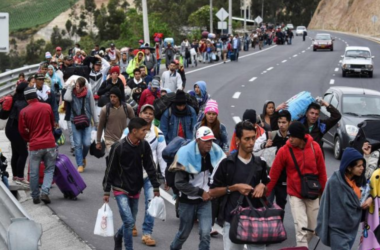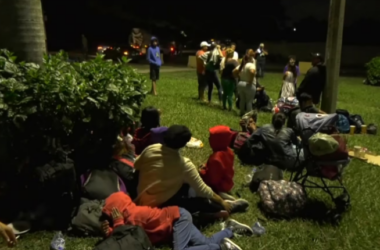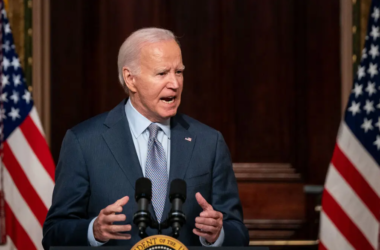Tensions between Russia and the Baltic states have escalated dramatically as Russian authorities have placed Estonian Prime Minister Kaja Kallas, along with other high-ranking officials from Estonia and Lithuania, on their wanted list. The move comes amid a contentious dispute over the removal of Soviet-era monuments in the Baltic region, triggering a diplomatic showdown and raising concerns about deteriorating relations between the neighboring nations.
According to the Russian Interior Ministry’s database, Kallas, along with Estonian State Secretary Taimar Peterkop and Lithuanian Culture Minister Simonas Kairys, have been targeted by Russian police for their alleged involvement in the “desecration of historical memory.” Kremlin spokesperson Dmitry Peskov cited this as the reason behind the arrest warrants, specifically accusing the Baltic officials of “destroying monuments to Soviet soldiers.”
The issuance of arrest warrants against sitting government officials of sovereign nations has ignited a firestorm of controversy, with Russian Foreign Ministry spokeswoman Maria Zakharova asserting that this action is just the beginning of Russia’s response. Zakharova emphasized the seriousness of the accusations, stating that crimes against the memory of World War II liberators must be prosecuted.
The move by Russian authorities represents a significant escalation in tensions between Russia and the Baltic states, particularly Estonia and Lithuania, which have taken decisive steps to remove Soviet-era monuments from their territories. In 2022, Prime Minister Kallas announced plans to dismantle hundreds of such monuments in Estonia, sparking condemnation from Moscow.
In response to Estonia’s actions, Alexander Bastrykin, the head of the Russian Investigative Committee, initiated a criminal investigation into the matter, further exacerbating the already strained relations between the two countries. The decision to issue arrest warrants against Estonian and Lithuanian officials underscores Russia’s firm stance on the issue, signaling its determination to enforce what it perceives as violations of historical memory.
Despite the gravity of the situation, the practical implications of the arrest warrants remain uncertain. The Baltic politicians targeted by Russia risk arrest only if they cross the Russian border, raising questions about the efficacy of the warrants beyond symbolic retaliation. However, the move sends a clear message of Russian discontent with the Baltic states’ actions and serves as a warning against further escalation.
The diplomatic fallout from Russia’s decision is likely to reverberate across the region, deepening divisions and heightening anxieties about the future of relations between Russia and its Baltic neighbors. The targeting of high-ranking officials underscores the seriousness of the dispute over Soviet-era monuments and underscores the challenges inherent in navigating historical grievances in a volatile geopolitical landscape.
As tensions persist, the international community closely monitors developments in the Baltic region, wary of any escalation that could potentially destabilize the fragile balance of power in Eastern Europe. The arrest warrants issued by Russia serve as a stark reminder of the complex historical legacies that continue to shape contemporary relations and highlight the imperative of diplomatic dialogue to resolve disputes and prevent further escalation.








